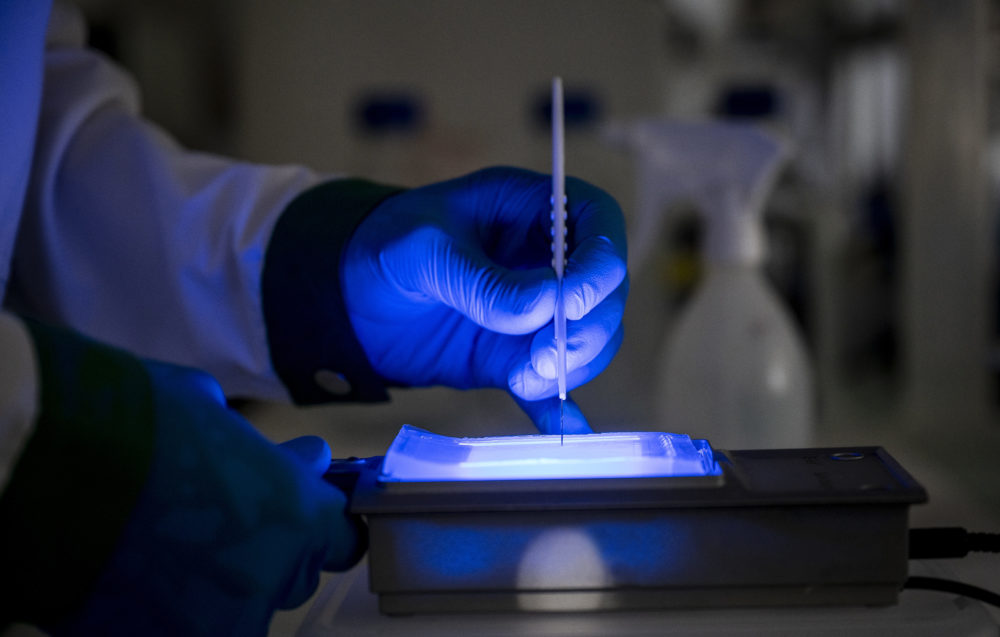Target Discovery and Rational Design of Therapeutics Against SARS-CoV-2
Despite intense research into SARS-CoV-2¹ infection and its implications for our health, effective treatments that specifically target this deadly virus are still lacking. Therefore, optimal therapeutic strategies for patients with COVID-19 are urgently needed. This project will harness CRISPR²-based technologies to identify factors that are crucial for SARS-CoV-2 to infect and cause disease in humans. In this way, the project aims to reveal novel therapeutic strategies for COVID-19 patients in the future.
The project will leverage the Platt lab’s expertise in CRISPR-based engineering and high-throughput genomic screening to identify host factors that are essential for SARS-CoV-2 infection and disease pathogenesis in humans. Such CRISPR-based screens represent a powerful methodology to study host-virus interactions and identify important factors for infection and pathology. The Platt lab will harness a combination of in vitro and in vivo-based strategies to identify and validate novel therapeutic targets for combatting SARS-CoV-2.
The research will identify host factors that facilitate SARS-CoV-2 cell entry, life cycle, and pathology – providing future inroads to basic research and clinical development. In the long term, there are several possibilities for clinical impact, including the discovery of putative drug targets that could be further developed into clinically-approved therapeutics. This research will not only have an immediate impact on our understanding of SARS-CoV-2, but also has the potential to guide future drug development efforts to protect against this devastating family of coronaviruses that will almost certainly evolve and return to threaten human health and well-being.
SARS-CoV-2¹ = Severe acute respiratory syndrome coronavirus 2
CRISPR² = clustered regularly interspaced short palindromic repeats
Banner image above: Gel electrophoresis equipment sit ready for samples.

Here a researcher uses an imager to examine results from a gel electrophoresis assay. The consortium will use expertise in CRISPR-based technologies to identify factors that are important for SARS-CoV-2 infection.

